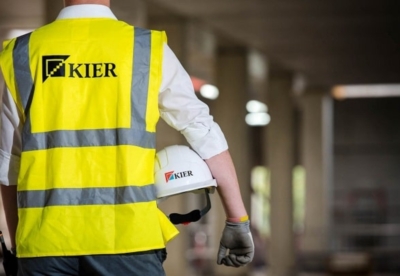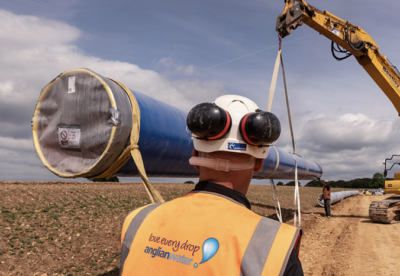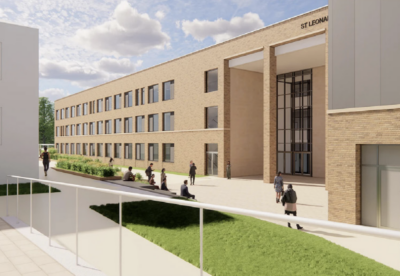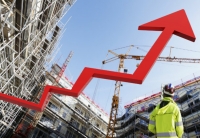Cost consultant Arcadis is predicting that tender prices will fall by 4% in London and 3% across the regions this year, with further marginal deflation of around 1% into 2021.
Infrastructure is set to escape the price squeeze as work continues to flow through.
Forecasters argue that while the UK has moved into phase 2 of post-Covid-19 recovery, the risk of disruption remains, with delayed project starts and completions, and increased fixed costs threatening to sap the strength of the industry.
An internal survey of key Arcadis clients suggests over 50% have either cancelled or slowed active procurements.
Despite the Government’s best efforts to bring forward the public sector procurement pipeline, it is not expected to compensate for falling opportunities in the residential and commercial sectors – creating a particular problem for specialist contractors that cannot easily transfer their skills from one sector to another.
This has prompted Arcadis to downgrade this summer’s tender price forecast to predict the first fall since 2014.
Now that most construction sites are operational, productivity has recovered better than expected, ranging from between 70-90% depending on the sector and the stage of the project.
This has contributed to the lowering of prices, edging the balance of the industry closer towards deflation and offsetting some of the initial inflationary pressures from extended programmes and different ways of working.
The industry is at a turning point. Prices have been rising since 2014, but profitability across the sector has barely recovered.
With further disruption associated with Brexit and changes to labour markets ahead, Arcadis expects that contractors and their supply chain will continue to take a risk averse approach to business development – focused on quality work rather than work at any cost.
However, this presents an opportunity for clients who are ready and able to work with their project teams to bring forward de-risked and deliverable projects.
While the mid-term outlook is pessimistic, Arcadis retains a bullish view longer term with respect to inflation, reflecting not only the size of the potential pipeline, but also the long-term contraction of the UK-sourced labour force.
Tender price inflation has been forecast at 5% for 2024/25.
Inflationary
- Productivity constraints associated with social distancing
- Fixed costs associated with longer programmes
- Weak currency
- Loss of contractor capacity
- Local labour market constraints triggered by new migration system
- Access to insurance products and bonds
Deflationary
- Decreased workload as a result of reduced demand and confidence
- Commodity prices
- Reduced demand for labour and materials
- Increased competition for available opportunities
Simon Rawlinson, Head of Strategic Research at Arcadis, said that the path to recovery would not be straightforward, and new projects would be exposed to an increased level of risk, not just from potential new waves of infection but also new risks associated with health and safety, productivity, viability, and supply chain stability.
This increased sensitivity to risk among both clients and contractors would likely to be seen in higher hurdle rates on investment returns, more demanding contract terms and greater project selectivity, he warned.
Rawlinson said: “Clients are reconsidering their business needs, with risks around lower productivity, future Covid-19 disruption to works, and supply chain resilience all having the potential to cause delays and increases in costs.
“We need a different approach, not just to make sure that projects succeed, but also to ensure the long-term health of the sector.”
He added: “Looking at the wider industry, a successful rebound will depend on urgent, short-term actions – such as longer site operating hours, extended planning consents and prompt payments – combined with strategic longer-term thinking.
“Small steps will enable gradual progress towards ‘bigger’ tasks such as rebooting apprenticeships, embedding digital technologies, or exploring more collaborative business models and contractual terms.
“We have a real opportunity here to strengthen the collaborative spirit of the industry as well as enhance procurement. This will have the benefit of increasing transparency as well as embedding some pragmatic thinking into contracts to increase overall project resiliency.”






















































.gif)


